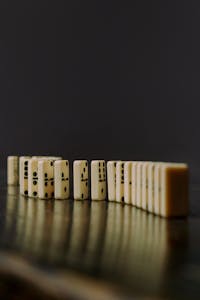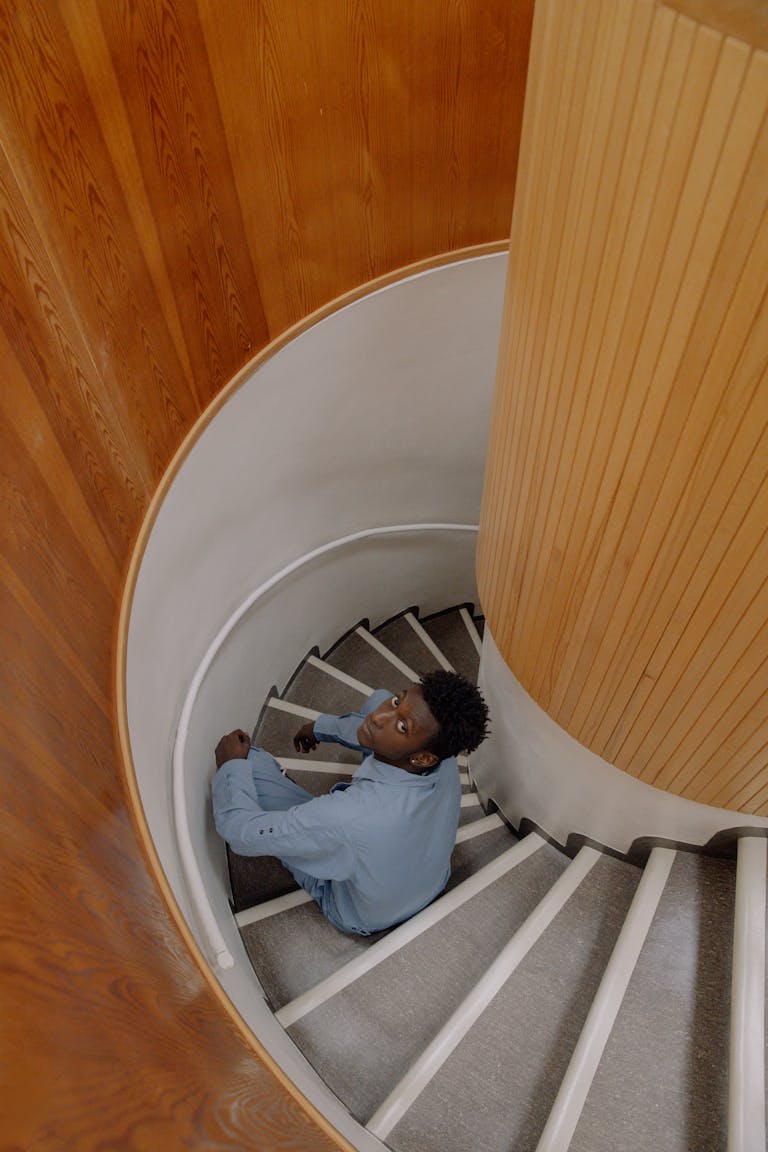Introduction:
Big changes often feel overwhelming. Whether it’s trying to get fit, become more productive, or improve your finances, we usually imagine huge leaps of effort. But what if the most powerful change came from the smallest actions? Welcome to the world of tiny habits—a science-backed strategy for creating lasting change through small, manageable steps.

Why Tiny Habits Work
Tiny habits are all about lowering the barrier to action. Instead of setting ambitious goals like “write a book,” the tiny habit version would be “write one sentence.” Over time, this small action builds consistency, momentum, and confidence.
1. They’re Easy to Start
When something is too big or intimidating, we often procrastinate. A tiny habit removes that friction. Want to start meditating? Begin with just one deep breath each morning.
2. They Build Momentum
Small successes create a sense of achievement, which fuels motivation. That one sentence turns into a paragraph. One push-up becomes ten. Before you know it, you’ve formed a solid routine.
3. They’re Sustainable
Unlike extreme routines that burn you out, tiny habits are manageable and sustainable. They become part of your identity without disrupting your day.
The Science Behind Tiny Habits
Dr. BJ Fogg, a Stanford behavior scientist, pioneered the Tiny Habits method, which emphasizes:
- Anchor the habit to something you already do.
Example: “After I brush my teeth, I’ll do one squat.” - Make it so small you can’t fail.
Tiny habits don’t rely on motivation; they rely on simplicity. - Celebrate immediately.
Reinforce the habit with a smile, fist pump, or positive self-talk. This creates an emotional connection to the habit.
How to Start a Tiny Habit
- Pick One Area to Improve
Choose a goal: more focus, better health, improved relationships, etc. - Choose a Trigger
Find a reliable anchor action. For instance, “After I pour my morning coffee…” or “After I close my laptop…” - Create the Smallest Possible Version of the Habit
If your goal is to read more, start with just opening a book. That’s enough to count as success. - Celebrate Every Win
Each time you follow through, smile, clap, or say “Yes!” It rewires your brain to associate the habit with positivity.
Examples of Powerful Tiny Habits
- Fitness: After I brush my teeth, I’ll do one push-up.
- Mindfulness: After I start my computer, I’ll take one deep breath.
- Productivity: After checking my email, I’ll write down one task for the day.
- Learning: After lunch, I’ll read one sentence of a book.
Over time, these habits grow naturally because you begin doing more than the tiny action. The key is starting small and being consistent.
Avoiding Common Mistakes
- Don’t add pressure. If it feels like a chore, shrink it further.
- Don’t skip the celebration. Reinforcing positive emotion is what locks in the habit.
- Don’t be discouraged by slow progress. Remember, consistency beats intensity.
Scaling Up Without Stress
Once your tiny habit becomes automatic, you’ll often find yourself doing more. This “bonus” behavior happens naturally. But don’t make it mandatory. The goal is consistency, not perfection.
Example: If you plan to do one push-up and end up doing ten, great. But still count it as success even on days you only do one.
Q: How long does it take to form a tiny habit?
A: While it varies by individual, many tiny habits become automatic within 2–4 weeks due to their low resistance and daily repetition.
Q: Can I work on multiple tiny habits at once?
A: Start with one habit to build confidence and routine. Once it feels automatic, you can add more.
Q: What if I miss a day?
A: No problem! Tiny habits are flexible. Missing a day doesn’t break your progress. Just start again the next day without guilt.
Ready to transform your life with less effort? Pick one tiny habit today—just one. Anchor it to an existing routine and celebrate each small win. Big change is just a small step away.

I’m EKBAL HOSSAIN MONDAL, the creator of SmartSolveTips.com — a blog dedicated to helping people improve productivity, avoid digital burnout, and live better online. With years of hands-on experience in self-development and digital wellness, I write practical tips and tools to help you stay focused and thrive in a fast-paced digital world.






